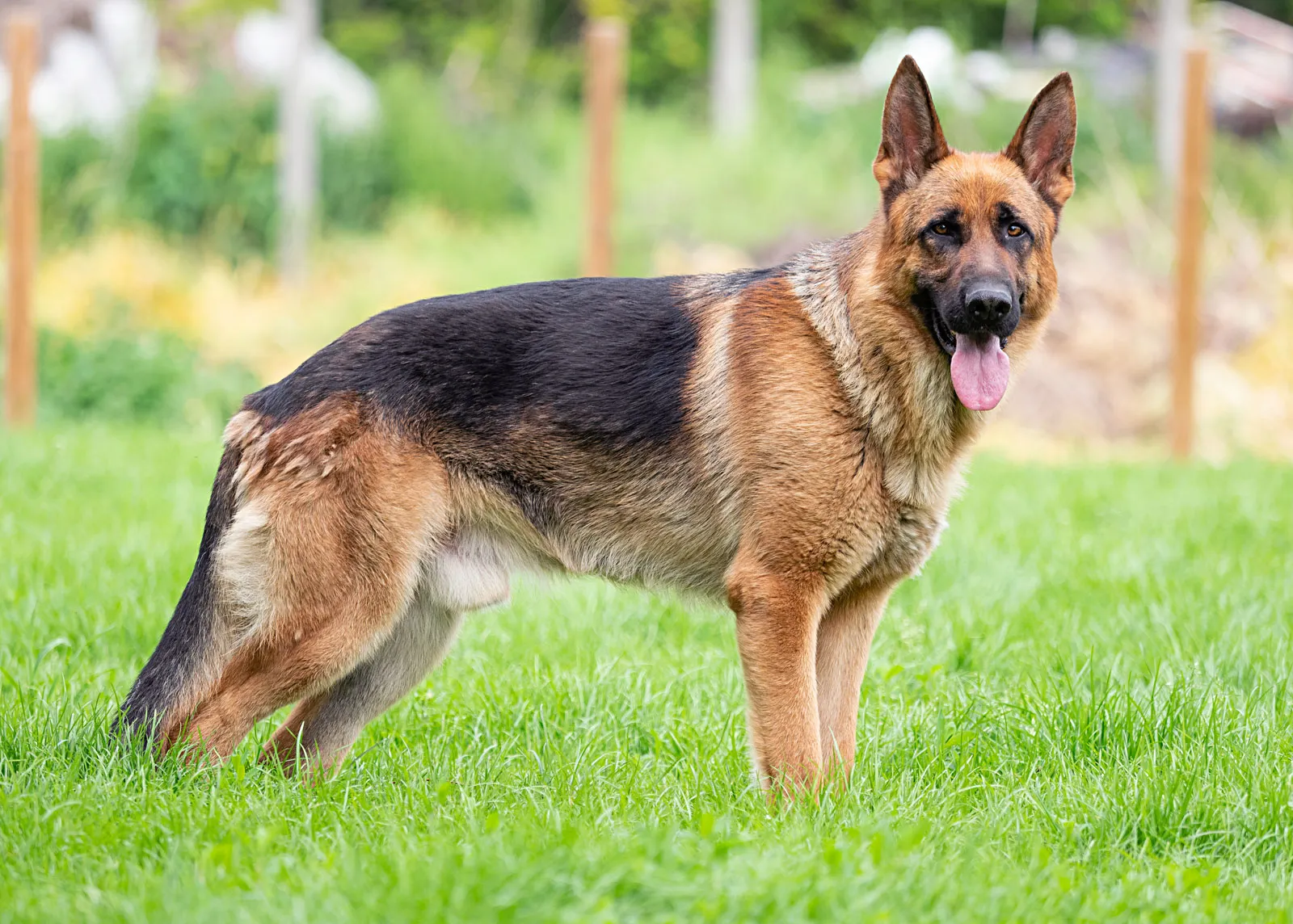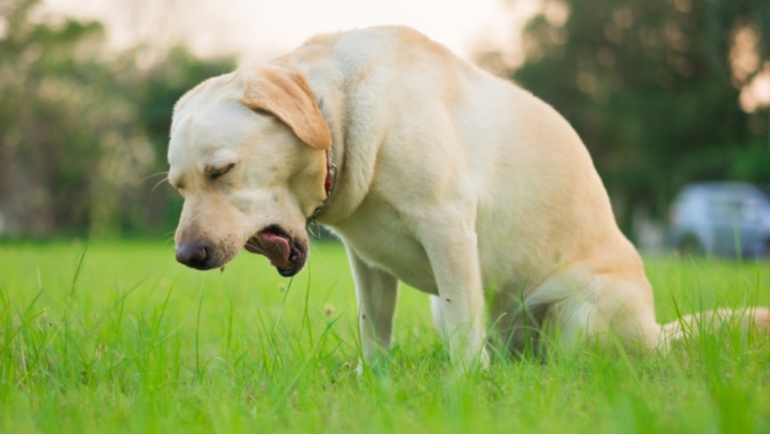145Views

How Often Should A Dog Poop? The Full Answer
The rhythm of life with a canine companion is filled with tail wags, muddy paw prints, and yes, the inevitable chore of poop scooping.
But have you ever wondered, amidst the daily deposits, just how often should your dog be pooping? Unveiling this mystery involves a fascinating journey through canine digestion, influenced by age, diet, and even breed.
Buckle up, dog lovers, as we embark on a deep dive into the world of doggy doo-doo!
The Age Factor
- Puppy Powerhouses: Our furry bundles of joy, bursting with energy and growing appetites, can be pooping machines. Expect anywhere from 4-5 times a day as their tiny tummies process frequent meals.
- Adult Equilibrium: Reaching adulthood brings pooping predictability. Most dogs settle into a routine of 1-3 times a day, influenced by their diet and activity level. Some breeds, like Greyhounds, might even go every other day, while Bulldogs, known for their slower digestion, could poop 3 times.
- Senior Serenity: As our canine companions gracefully age, their pooping habits might change. Once a day becomes the norm, with some senior dogs going slightly less often. However, keep an eye for any significant deviations, as they could signal health concerns.

Dietary Decisions: Fueling Poop Frequency
Your dog’s diet plays a starring role in their pooping habits. Here’s how different food choices impact the daily deposit:
- Fiber Fantastic: High-fiber diets add bulk and promote regularity. Expect larger, firmer poops and potentially one extra “business trip” per day.
- Protein Power: While essential, high-protein diets can lead to smaller, more frequent poops. This is because protein gets digested more efficiently, leaving less waste.
- Treat Time Trouble: Occasional indulgences are fine, but overdoing it can disrupt your dog’s digestive flow, leading to inconsistent pooping patterns.
Read More: Why Is My Senior Dog Pooping In The House?
Unique Pooping Quirks
Several other factors can influence your dog’s poop frequency:
- Breed Predispositions: Some breeds, like Dachshunds and German Shepherds, are prone to sensitive stomachs, impacting their pooping habits.
- Medications: Certain medications can affect digestion, so be mindful of any changes after starting a new prescription.
- Exercise Enthusiasm: Active dogs tend to poop more often as their bodies process food faster.
Know Your Dog’s Normal
While guidelines exist, the key is understanding your dog’s individual pooping rhythm. Pay attention to:
- Frequency: How often does your dog poop in a typical day?
- Consistency: Are their poops firm, soft, or runny?
- Color: Is the color normal for their diet, or are there unusual hues?
- Presence of blood or mucus: These can indicate health issues and require veterinary attention.
When Seeking Veterinary Guidance
If your dog’s pooping habits deviate significantly from their normal routine, especially if accompanied by other symptoms like vomiting, lethargy, or loss of appetite, don’t hesitate to consult your veterinarian.
They can assess potential causes and recommend the best course of action to get your furry friend back on track.
Remember, responsible dog ownership involves not just belly rubs and walks, but also understanding their bodily functions.
By paying attention to their pooping patterns and consulting your vet when needed, you can ensure a happy and healthy life for your canine companion, making those walks in the park even more enjoyable (and, dare we say, less smelly!).


